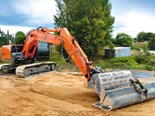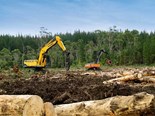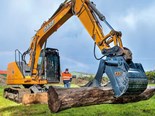Managing your forestry business properly
Deals on Wheels writer Patrick Cox takes a look at how to manage a forestry business
The major companies in New Zealand selling forestry and construction equipment have a few fundamental flaws in their armour.
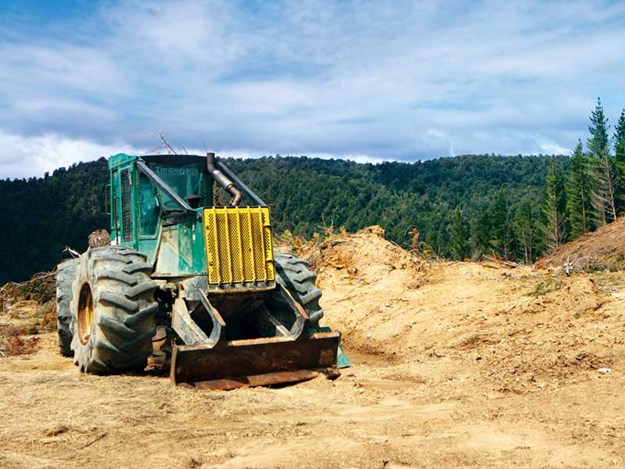
It has come to light that some contractors are now purchasing machine from companies that can offer the best form of service. This is driving some logging companies to purchase alternative machines to their first choice.
What can make or break the company’s reputation is firstly the salesperson, who’s at the coalface and has that first line of communication with the purchaser.
Contractors have said to me that they do not see the rep often enough; in fairness to the salesperson, they are busy people and it’s impossible to see everyone. The salesperson should realise if they have a contractor who has been buying their brand and then they should be all over him like a rash. If the salesperson has made a sale and then failed to follow up with service, that’s when the proverbial hits the fan.
Trouble is when you have a good brand with major market share and the company fails to build a support team and service facility, you have the problem maintaining your market share. The acute shortage of tradies across the country does not help.
Logging contractors are not interested in your problem; all they want is their repairs and maintenance carried out with the cost and interruption to their working day kept to a minimum. It has come to notice that reputable brands are losing business in some areas and gaining it in others purely because they cannot back up what they sell.
As corporates plan their budgets for their next financial year, do they factor in the growth in their respective branches to handle the extra work? The frontline salesperson working their territory over a number of years has built up a reputation with their clients and will know where the next sales are coming from as they have intimate knowledge of the clients’ business and when they purchased their last machine and how many hours it has done.
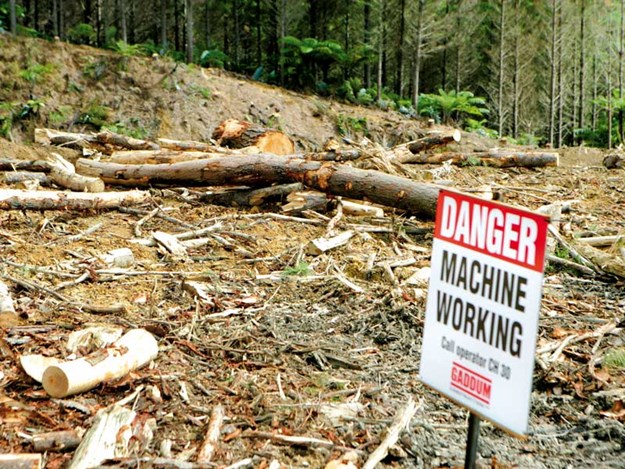 |
|
Reputable brands are losing business in some areas and gaining it in others purely because they cannot back up what they sell
|
The salesperson will also be looking for new business and new clients to build their portfolio. If the salesperson sells a machine a month and continues this for five years, that is an extra 60 machines that need servicing. Now, unless the branch has added extra staff to cater for this, they will run into problems where customers start to experience dissatisfaction if they do not get the service they are accustomed to.
This is happening and I have noticed logging contractors are changing brands and buying not their first-choice machine but are going to their next choice. They are also willing to pay more to get decent back-up service.
What’s unusual though is that the brand dumped by one contractor in one province is picked up by another in a different province; in both cases, the contractors opted out of their first choice because of lack of service.
This should be of a major concern to the leading brand suppliers of forestry machines. There is major room for improvement by brand suppliers to lift their game to hold onto business.
Tough logging contractors can drive a hard bargain and would not be the easiest to deal with but their money is good and the specialist equipment they buy is not cheap when adding guarding packages, harvesting heads and other expensive additions. This starts to make a million dollars look like the norm.
Huge investments of this kind deserve some sort of respect. Purchasing a depreciating asset can be a little frustrating knowing full well that the moment you back it off the transporter and it hits the dirt, you lose 10% of its value and it has not produced one tonne of wood.
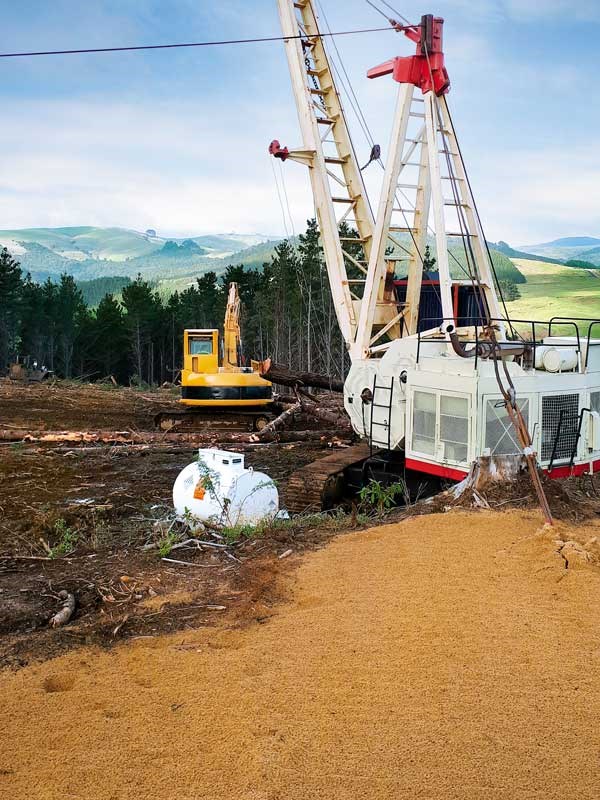
This brings me to a question I asked someone who worked for a forestry company: If I paid half a million dollars for a machine and paid it off over five years plus interest, I should still have a half million dollars available. Even if the machine was valued at $200,000, there should be $300,000 sitting somewhere.
The person replied, "You can’t expect to make money from borrowed money". My answer to that was if I borrowed half a million to buy a property and paid it off over five years, without inflation, I would have half a million dollars—same principal, different asset.
It must also be said that the logging contractor is making money from that machine but that does not distract from the fact when the machine is paid for the contractor has paid back the half million plus interest and still loses overall on the deal.
I was browsing through a machine distributor company magazine recently, looking at all the contractors who had purchased new equipment and I found an interesting one: a contractor had purchased two brand-new machines and was elated that he did not have to work weekends any more, as his repairs and maintenance was basically nil.
The old equipment was constantly breaking down and weekend work was required to keep up with production. Sooner or later, as a new contractor, you have to take the risk and upgrade to new equipment.
Then you have another contractor who purchased a new hauling machine and increased their production only to put a strain on the older equipment that supports it. It’s times like this that the company suppling new equipment to a logging contractor should continue to monitor the contractor and keep in contact as there obviously other opportunities for further sales.
The cost of taking that contractor and his wife out to dinner is cheap. After all, he is their bread and butter.
Keep up to date in the industry by signing up to Deals on Wheels' free newsletter or liking us on Facebook.











